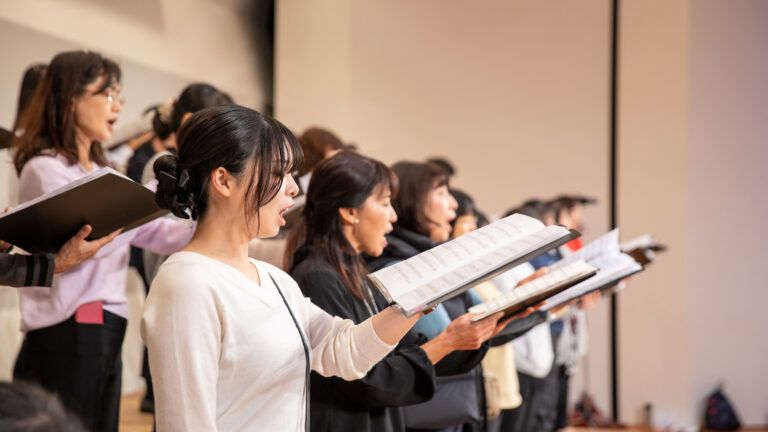I love the story of Abraham bartering with God over the fate of Sodom and Gomorrah. It is a dialogue between God and the patriarch. God reveals to Abraham his plans to destroy the wicked cities.
Abraham says, “What if there are fifty righteous people in the city?” God says, “I will spare it in that case.” Abraham says, “What about forty-five?” God says, “I will spare it for forty-five.” And so on, until God says, “For the sake of ten righteous people, I will spare the city” (see Genesis 18 for the whole story).
Few people pray like that. Most people who pray recite monologues to God. Like the Pharisee in Jesus’ parable who prayed, “God, I thank you that I am not like other people—robbers, evildoers, adulterers—or even like this tax collector. I fast twice a week and give a tenth of all I get” (Luke 18:11-12, NIV). I like to imagine what God would have said in response if the Pharisee had stuck around long enough to listen.
Become an OurPrayer Volunteer and Change the World One Prayer at a Time
So how do you turn a prayer monologue into a dialogue? I suggest five ways:
1. Listen
If your prayer time is just talk, talk, talk, you’re unlikely to hear God’s voice. But if you spend some time in silence, you might be surprised at what you hear God say.
2. Journal
Writing your prayers transforms them. The act of writing slows you down and allows more room for reflection. You can also look back at what you have prayed in the past and see when and how God has answered.
3. Read
One of the main ways God speaks in prayer is through reading—but not just any kind of reading. I have learned to read the Bible more slowly and thoughtfully when I pray than at other times. I have also learned that certain books—such as A. W. Tozer’s The Pursuit of God and Teresa of Avila’s The Way of Perfection—foster interior conversations between God and me.
4. Ask Questions
Few people ask God questions in prayer, maybe because they don’t intend (or know how) to wait for an answer. But asking questions—whether aloud or in writing—is one of the best ways to cultivate a conversation. You might ask things like, “Where are you leading me today?” or “What would you like to bring to my attention right now?”
5. Wait
King David once wrote, “In the morning, Lord, you hear my voice; in the morning I lay my requests before you and wait expectantly” (Psalm 5:3, NIV). That’s a key to dialogue in prayer—waiting expectantly. Too often we lay our requests before God and then rush off to our next appointment or task. But dialogue includes waiting expectantly—giving God space to respond, listening for His voice, hoping for His answer.
Turning your prayer monologue into a dialogue isn’t as hard as you might think, but it does require a slower pace, especially in the beginning. But God not only wants to hear from you, He longs to talk to you, too.






